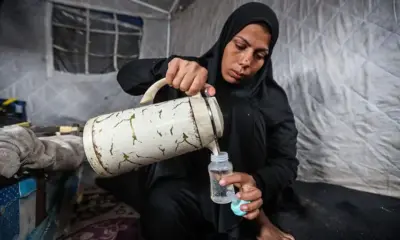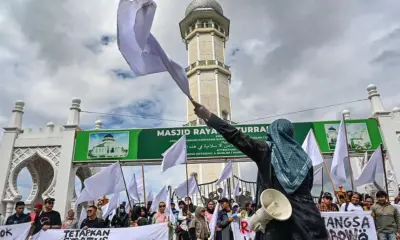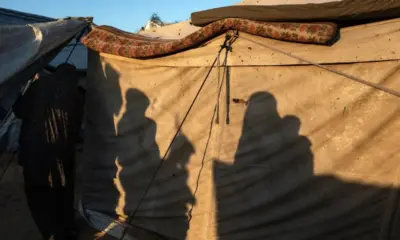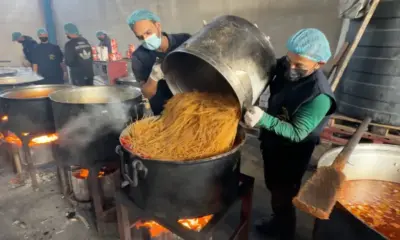News
Aid Groups Urge More Shelter Supplies for Gazans as Winter Storms Bring Flooding and Health Risks
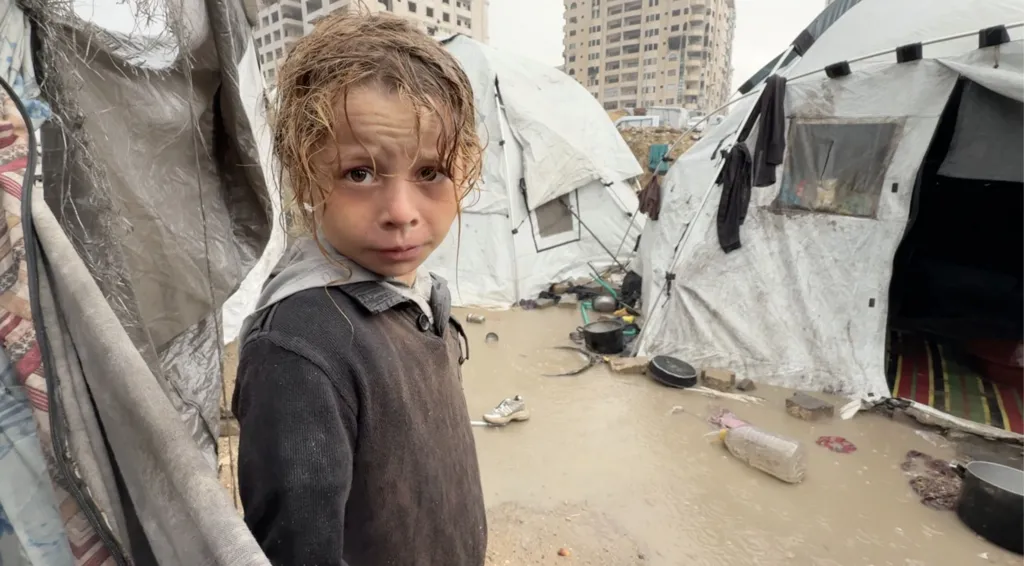
Humanitarian organisations are urgently calling for Israel to allow more shelter materials and basic supplies into Gaza after the first major winter rains caused widespread flooding. With hundreds of thousands of people displaced and living in fragile makeshift tents, aid agencies warn that the coming weeks could bring a surge in illness and preventable deaths if additional support does not arrive.
Jan Egeland, Secretary General of the Norwegian Refugee Council, said the situation has become critical. He warned that many families will not survive the winter without proper shelter, especially after precious weeks were lost despite commitments under the Trump peace plan that aid would flow more freely. He said the lack of progress has left Palestinians exposed in harsh conditions.
Most Gazan families, displaced by two years of relentless war, now rely on tents for shelter. Many of these are improvised structures built from fabric, scrap wood and plastic sheets. When a strong winter storm struck on Friday, rainwater poured into camps across the territory. The flooding mixed with sewage water in some areas, raising fears of waterborne diseases such as cholera, hepatitis A and gastrointestinal infections.
In Gaza City, Fatima Hamdona broke down in tears as she showed a BBC journalist the ankle deep water that had collected inside her family’s tent. She said her children had already fallen ill and that food supplies were ruined when sacks of flour became soaked. Her family has nowhere else to go and no means to replace their damaged belongings. Similar scenes unfolded in Khan Younis, where residents tried to dry their mattresses and blankets after water flooded their shelters.
A recent UN assessment shows the scale of destruction. More than eighty percent of buildings in Gaza have been damaged or destroyed, rising to ninety two percent in Gaza City. According to the Norwegian Refugee Council, which coordinates the Shelter Cluster of around twenty aid organisations, about one point five million people urgently need proper shelter materials. The NGOs have managed to deliver only nineteen thousand tents since the ceasefire took effect on October ten.
Thousands of pallets of relief supplies remain stuck at border crossings in Egypt, Jordan and Israel. Aid agencies say the delays are partly due to new Israeli registration rules requiring aid groups to submit lists of Palestinian staff. Donor countries often prohibit sharing such personal data, leaving humanitarian groups caught in the middle. Many basic items including tent poles are categorised by Israel as dual use materials and face severe restrictions on entry.
For its part, Cogat, the Israeli defence body responsible for border access, says it has allowed nearly one hundred and ninety thousand tents and tarpaulins into Gaza in recent months and that hundreds of trucks carrying essential goods enter daily. It has urged aid agencies to coordinate more deliveries and said it is working with the new US led Civil Military Coordination Center to improve winter preparedness.
Aid organisations hope that the new coordination mechanism, part of Trump’s twenty point Gaza peace plan, will reduce barriers that have hindered relief efforts. With an international donor conference on Gaza reconstruction expected in Egypt soon, humanitarian leaders stress that emergency shelter supplies cannot wait for long term rebuilding plans. Egeland said the priority must be immediate survival, not future construction projects.

